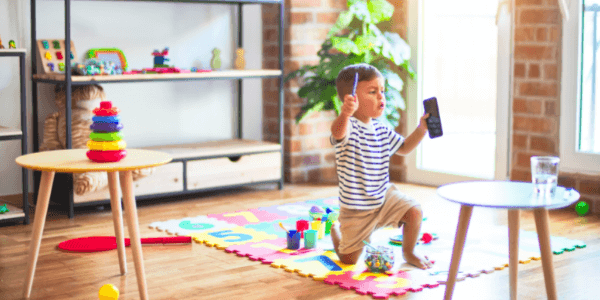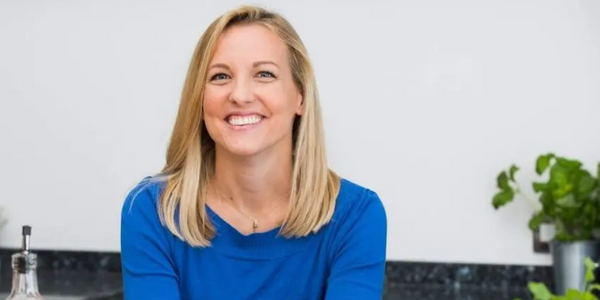

My toddler isn’t talking
If you’re in the toddler zone (1-3 years) then you’re probably used to a constant stream of babble, maybe the odd recognisable word here or there or even full-on conversation. But what should you do if you don’t have a chatty child? It’s easy to worry when your toddler doesn’t seem to hit their milestones.
The first thing to remember is every child is different. Just because little Jimmy at playgroup is having long-winded chats with the orange squash lady it doesn’t mean there’s something wrong with your child. But there are things you can watch for to check they’re roughly on track and ways you can help develop their language skills.
If you have any concerns or feel like your toddler isn’t hitting these milestones then chat to your GP or health visitor. If they think your child needs some support they’ll put you in touch with a language/speech therapy department. You may also be able to self-refer, Google ‘speech therapy self-referral' and the name of your local NHS Trust for details.
When should my child start to talk?
Language develops over time, from babble to familiar words (like mum, dad, no (!), pets, siblings names) to connected words and then full sentences. The process of talking starts slowly and then tends to speed up after your toddler turns 2.
18 months
They should say about 20 words, usually names of people or things and understand everyday words like milk. They should be able to do simple things you ask (pick up your tractor).
2 years
They should say about 50 words and you can understand most of it. They should be joining two words together (No mummy is a favourite at this stage) and understand when you ask a question.
3 years
They should speak in sentences of 3-5 words and you can understand most of it. You can expect lots of questions and they can tell the difference between things (blue or yellow coat).
How can I help my toddler develop their language skills?
- If they say a word but don’t pronounce it quite right then don’t tell them off, instead model the right way to say it.
- Get them using more words by asking questions and giving choices “Do you want the doll or the book?”.
- Repeat words frequently, especially when you’re asking them to do things like putting on their coat or shoes. If they use simple sentences then expand them, for example, if they say ‘coat on’, reply “Yes we are putting your coat on”.
- Use speaking toys, talking books, songs and reading together to improve listening and their range of language.
- We know tele and iPads have their place but try and limit their time because it doesn’t give them a chance to practice talking.
- If you want your child to listen to you then use their name.
- Give a running commentary. It can feel weird at first but chat as you do things, talk through your actions when you’re loading the washing machine or taking them to nursery.
- If you speak more than one language then you can use both, kids tend to pick up two or more quite easily.
If your toddler doesn’t make eye contact when you speak, doesn’t seem to pay attention to you, isn’t pointing at objects they know, seems far behind friends of the same age or you can’t understand them, chat to your GP or health visitor.
Mum of a toddler and need some help and support? Join us on Facebook, 70,000 mums who know exactly where you’ve been.
Read more on helping your child to talk here.
If you found this useful, you'll like...


.png)








